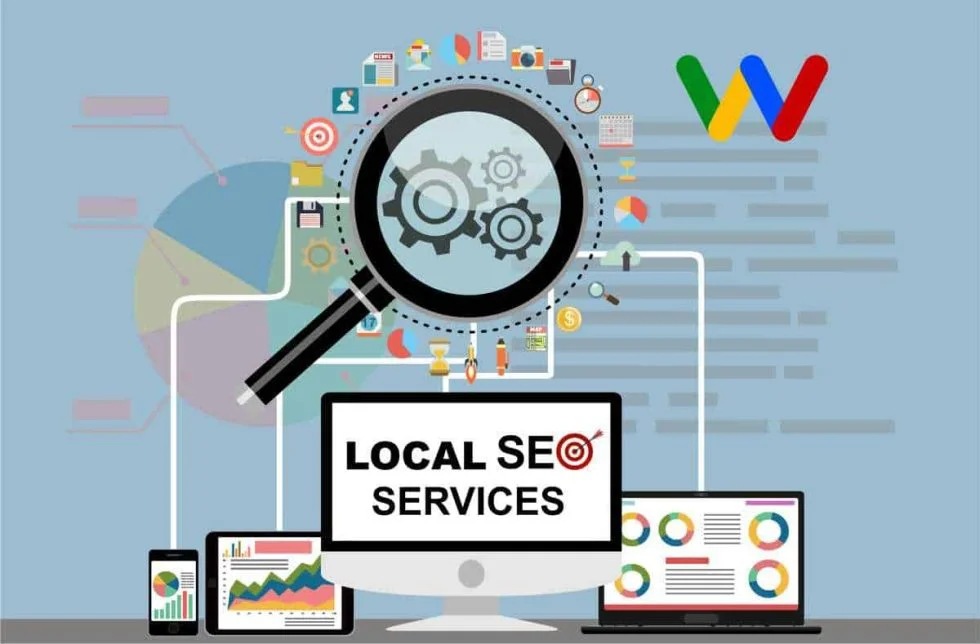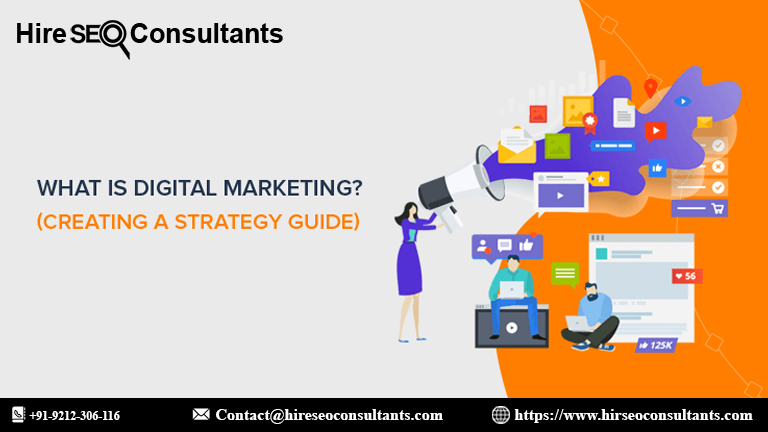How to Start a Successful Blog: Tips & Strategies
Discover essential tips and strategies for starting a successful blog. Learn how to choose a niche, create engaging content, and effectively grow your audience. Start your blogging journey with confidence and achieve your goals.
Starting a blog can be one of the most fulfilling ventures in today’s digital world. Whether it’s for personal expression, building a brand, or creating a business, the opportunities a blog offers are vast. However, creating a successful blog requires more than just writing. It involves strategies, consistency, and the right techniques to ensure long-term success. This guide will walk through the essential steps to help you build a thriving blog, offering tips and strategies to grow your online presence.
Choosing the Right Niche
One of the most critical decisions in starting a blog is selecting a niche. Your niche will define your content, attract your target audience, and determine your blog’s overall success. Choose a subject you’re passionate about and knowledgeable in. If you’re genuinely interested in your niche, it will be easier to create consistent and engaging content.
It’s also important to consider the market demand for your chosen niche. While you want to write about what you love, it’s equally essential to pick a topic that has an audience. Research popular trends, look for gaps in the market, and focus on offering something unique. Being unique in your niche will set your blog apart from the competition and attract loyal readers.
Understanding Your Audience
Knowing your audience is essential for crafting content that resonates. Once you’ve decided on a niche, take the time to research your target demographic. Understand their pain points, interests, and preferences. This knowledge will help you create content that speaks directly to them, addressing their needs and offering value.
Interacting with your audience is also a critical component of understanding them. Use social media, comments sections, and emails to engage with your readers. Ask for feedback, answer questions, and take suggestions on what type of content they’d like to see. Your audience will appreciate the interaction, and you’ll gain insights into what drives them to your blog.
Creating Quality Content
Content is king in the blogging world. The foundation of any successful blog lies in its ability to provide high-quality, valuable information. Focus on creating posts that solve problems, provide insights, or entertain. Each piece of content should be well-researched, engaging, and formatted in a way that’s easy to digest.
Originality is crucial when crafting blog posts. Avoid copying other blogs or websites, and instead, develop your voice and perspective. This unique touch will help your blog stand out, making it more attractive to your audience and search engines alike.
Consistency plays a massive role in growing a successful blog. Publishing content regularly will keep your audience engaged and signal to search engines that your site is active. Develop a content calendar to stay on track with your posts and maintain a steady stream of fresh material.
Optimizing for Search Engines
Search engine optimization (SEO) is a fundamental strategy for driving organic traffic to your blog. Learning how to optimize your posts for search engines will improve your visibility and bring in new readers. Begin by researching keywords that are relevant to your niche. Keywords are phrases that people search for on the internet, and incorporating them naturally into your content can help your blog rank higher on search engines like Google.
Use keyword research tools to find terms that have a high search volume but aren’t overly competitive. This will allow you to target keywords that can give you a higher chance of ranking. Once you’ve identified your keywords, place them strategically throughout your post. Include them in the title, meta description, headers, and body content, but avoid overstuffing.
Optimizing images is another critical aspect of SEO. Make sure to include alt tags, use compressed images for faster loading times, and choose file names that describe the image’s content. Additionally, using internal and external links can boost your SEO performance. Internal links guide readers to other pages on your blog, while external links refer to reputable sites, enhancing your credibility.
Crafting Engaging Headlines
The headline of your blog post is the first thing readers see, making it one of the most important elements of your content. An engaging and compelling headline can increase your click-through rate and draw more visitors to your site.
When crafting headlines, aim to spark curiosity and promise value. Use power words that trigger emotions, such as "ultimate," "proven," or "insider." A well-written headline should accurately represent the content while still being intriguing enough to compel readers to click.
Incorporating keywords into your headline is also essential for SEO purposes. Ensure that your main keyword appears in the title naturally, without sounding forced or awkward. Keeping headlines short and to the point, ideally between 55 to 70 characters, will ensure they are fully displayed in search results.
Building a User-Friendly Design
Your blog’s design plays a significant role in its success. A user-friendly, visually appealing layout can keep readers engaged and coming back for more. When creating or choosing a design template, prioritize simplicity and ease of navigation.
Your blog should be easy to navigate, with clear categories and menus that allow readers to find the information they’re looking for quickly. A cluttered or confusing design can drive visitors away, negatively impacting your blog’s performance.
Mobile responsiveness is another critical factor to consider. With an increasing number of users accessing content through their smartphones, ensuring your blog looks and functions well on all devices is essential. A responsive design will adapt to different screen sizes, providing a seamless experience for all users.
Monetizing Your Blog
For many bloggers, turning their blog into a source of income is a key goal. There are several ways to monetize a blog, but success will depend on building a solid audience base first. Once you have a consistent readership, you can explore various monetization methods, such as affiliate marketing, sponsored content, or selling products or services.
Affiliate marketing involves promoting products or services from other companies and earning a commission on any sales made through your referral links. This strategy works well if you can align the products with your niche and provide genuine recommendations to your audience.
Sponsored content is another avenue for generating income. Companies will pay you to create content that promotes their brand or products. Ensure that any sponsored posts align with your blog’s theme and audience to maintain trust with your readers.
Creating your products, such as eBooks, online courses, or merchandise, can also provide additional income streams. Selling digital or physical products allows you to diversify your revenue while providing value to your audience.
Promoting Your Blog
Promotion is essential to get your blog in front of your target audience. While SEO will help drive organic traffic, actively promoting your blog will accelerate its growth. Utilize social media platforms to share your content and engage with potential readers. Tailor your posts for each platform and experiment with various formats, such as videos, infographics, and stories.
Collaborating with other bloggers is another effective promotional strategy. Guest posting on other blogs within your niche or collaborating on projects can expose your blog to a new audience and build credibility within your community.
Email marketing is a powerful tool for building a relationship with your audience. Encourage visitors to subscribe to your email list, offering them exclusive content or resources. Regular newsletters can keep your subscribers engaged and drive traffic back to your blog.
Staying Consistent and Adaptable
Blogging success doesn’t happen overnight. It requires time, effort, and consistency. Stay committed to your blogging schedule, continue producing high-quality content, and engage with your audience regularly. Consistency will pay off in the long run, building trust with your readers and increasing your blog’s visibility.
Adaptability is equally important. As your blog grows, the digital landscape may shift, and audience preferences may evolve. Keep an eye on industry trends, new technologies, and changes in SEO practices. Being flexible and willing to adapt your strategies will help you stay ahead of the curve and maintain long-term success.
Building a Community
One of the most rewarding aspects of blogging is the community you can build around your content. A loyal readership that engages with your posts, shares your content, and supports your work will contribute to your blog’s growth and longevity.
Foster a sense of community by responding to comments, encouraging discussions, and creating content that sparks interaction. Engaging with your audience will create a deeper connection, and they’ll be more likely to share your content with others, further expanding your blog’s reach.
In conclusion, starting a successful blog requires dedication, strategy, and a focus on providing value to your audience. By choosing the right niche, optimizing your content for search engines, maintaining a consistent publishing schedule, and promoting your blog effectively, you can build a blog that thrives in the competitive digital space. With patience and perseverance, your blog can grow into a powerful platform that reaches and resonates with readers worldwide.
Website – https://www.webinfomatrix.com
Mobile - +91 9212306116
Whatsapp – https://call.whatsapp.com/voice/9rqVJyqSNMhpdFkKPZGYKj
Skype – shalabh.mishra
Telegram – shalabhmishra
Email - info@webinfomatrix.com
What's Your Reaction?

















